
Haiti, Latin America: Week in Review, United States
Wyclef Jean Faces Challenges As He Officially Announces Candidacy In Haiti’s Presidential Race
August 6, 2010 By Staff

Haitian-American hip hop star and presidential candidate Wyclef Jean.
Today in Latin America
Top Story — Wyclef Jean formally announced his candidacy in Haiti’s November presidential elections Thursday, both by radio in Creole and on the Larry King Live show in English.
The popular entertainer’s fame and financial resources give him an edge over the competition, but there are mounting concerns about his eligibility and lack of political experience.
Article 135 of Haiti’s Constitution requires presidential candidates to reside in the country for five years prior to the election and forbids them from ever taking foreign citizenship, reports The Christian Science Monitor.
Jean believes his candidacy is legal. But while he never gave up his Haitian passport, he holds dual citizenship with the United States, where he was raised. And though he owns a home in the Haitian beach town of Jérémie, his primary residence is in New Jersey and he travels the world frequently while on tour.
There are also concerns about Jean’s political background. Though he has served as Haiti’s ambassador-at-large and took an active role in the earthquake rebuilding efforts, he has never held public office. His lack of political experience could prove a liability in a country where the government was already notoriously weak before the Jan. 12 earthquake.
“First, he doesn’t know how the state works,” Haitian sociologist Leannec Hurbon told The Los Angeles Times. “He hasn’t any knowledge of the political parties. This is not a good thing for democracy in Haiti.”
Jean has deflected criticism, saying in interviews that he was “drafted by the youth” into running, and comparing himself to singer and political activist Harry Belafonte.
“Usually when you make this kind of transition, it’s a contact sport, so the first thing I expect out of anyone’s mouth is, ‘well, he’s a pop star, what does he know about Haitian politics?’ ” Jean told The BBC in an interview. “They may be right about that, but what I do know is… we have a nation, and for the past 200 years we still don’t have a system. The policies that were created for Haiti kept Haiti in debt.”
Haiti’s electoral council is expected to announce the eligible candidates on Aug. 17, The Miami Herald Reports.
Just Published at the Latin America News Dispatch
- Alison Bowen discusses the Arizona immigration law’s ripple effects in the latest post to her blog Beyond Borders.
Headlines from the Western Hemisphere
North America
- Mexico’s Supreme Court rejected a constitutional challenge to a recent law legalizing gay marriage in the country’s capital, paving the way for discussion of other pending issues, such as adoption by gay couples and the federal protection of gay marriages outside Mexico City.
- The U.S. Senate approved $600 million in emergency funding to help secure the U.S.-Mexican border on Thursday, on the eve of the Senate’s summer recess and ahead of an election season in which immigration and border security are shaping up as major issues.
- Mexico’s President Felipe Calderón called upon the political class and civil society to join the fight against the country’s drug cartels, following a three-day conference on public security in Mexico City this week.
Caribbean
- Cuba’s leading domestic human rights group called on the government Thursday to release 69 inmates it says are being held for political reasons, arguing that they should be eligible for parole after serving at least half their sentences.
- Dozens of homeless drug users have died inside a jail in western Puerto Rico in the last decade, the American Civil Liberties Union said in a report Thursday calling for an investigation into possible rights violations.
- Two new surveillance systems set up in Haiti after January’s earthquake showed no major outbreaks of disease, and might form the basis of one long-term improvement for the Caribbean nation’s health, researchers reported on Thursday.
Central America
- The murder rate declined 17 percent in Guatemala for the first seven months of this year, compared with the same period last year, according to Mutual Support Group, a human rights organization.
- Nicaraguan President Daniel Ortega is expected to visit South Ossetia on Sept. 20 to celebrate the 20th anniversary of the republic’s declaration of independence.
Andes
- Juan Manuel Santos will inherit Colombia’s “false-positive” scandal of grisly army killings when he takes over the presidency this Saturday.
- Unusually cold winter weather has hit Brazil, Argentina, Uruguay and Bolivia, causing “millions of dead fish” in Bolivian rivers, officials said.
- PepsiCo Inc. plans to invest $3 million to create an agricultural center in Peru that will focus on developing new types of potatoes, root vegetables and other foods.
Southern Cone
- Argentina won’t replace Diego Maradona as the national soccer team’s coach until October.
- Chilean President Sebastián Piñera met separately with the presidents of Brazil, Bolivia and Argentina to finalize a “bi-oceanic” agreement with those countries that would establish a trade route between the Brazilian port of Santos, through the Bolivian department of Santa Cruz, to the cities of Iquique and Arica in Chile.
- Brazil’s opposition candidate in the October presidential elections, José Serra, is now trailing Workers Party candidate Dilma Rousseff by 10 points, according to a recent poll.
- The Paraguayan Senate has postponed the country’s incorporation into Unasur and stalled a vote on Venezuela’s incorporation into Mercosur as a full member.
Subscribe to Today in Latin America by Email
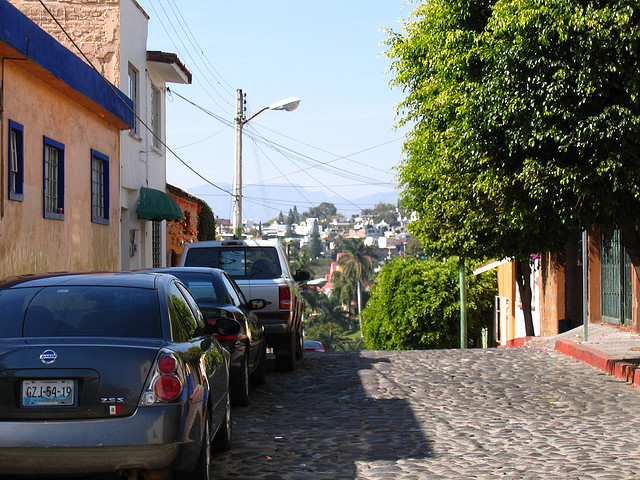
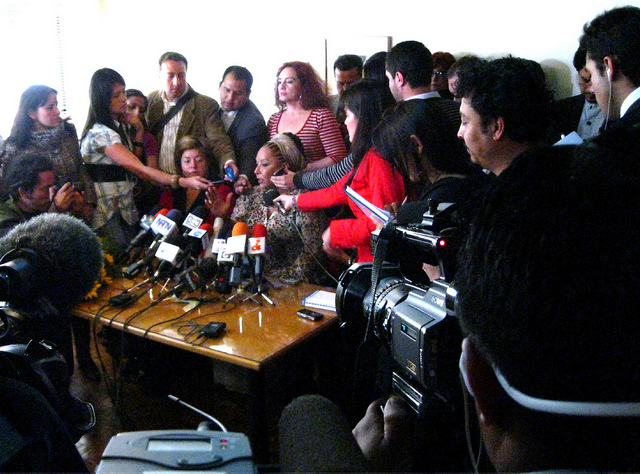
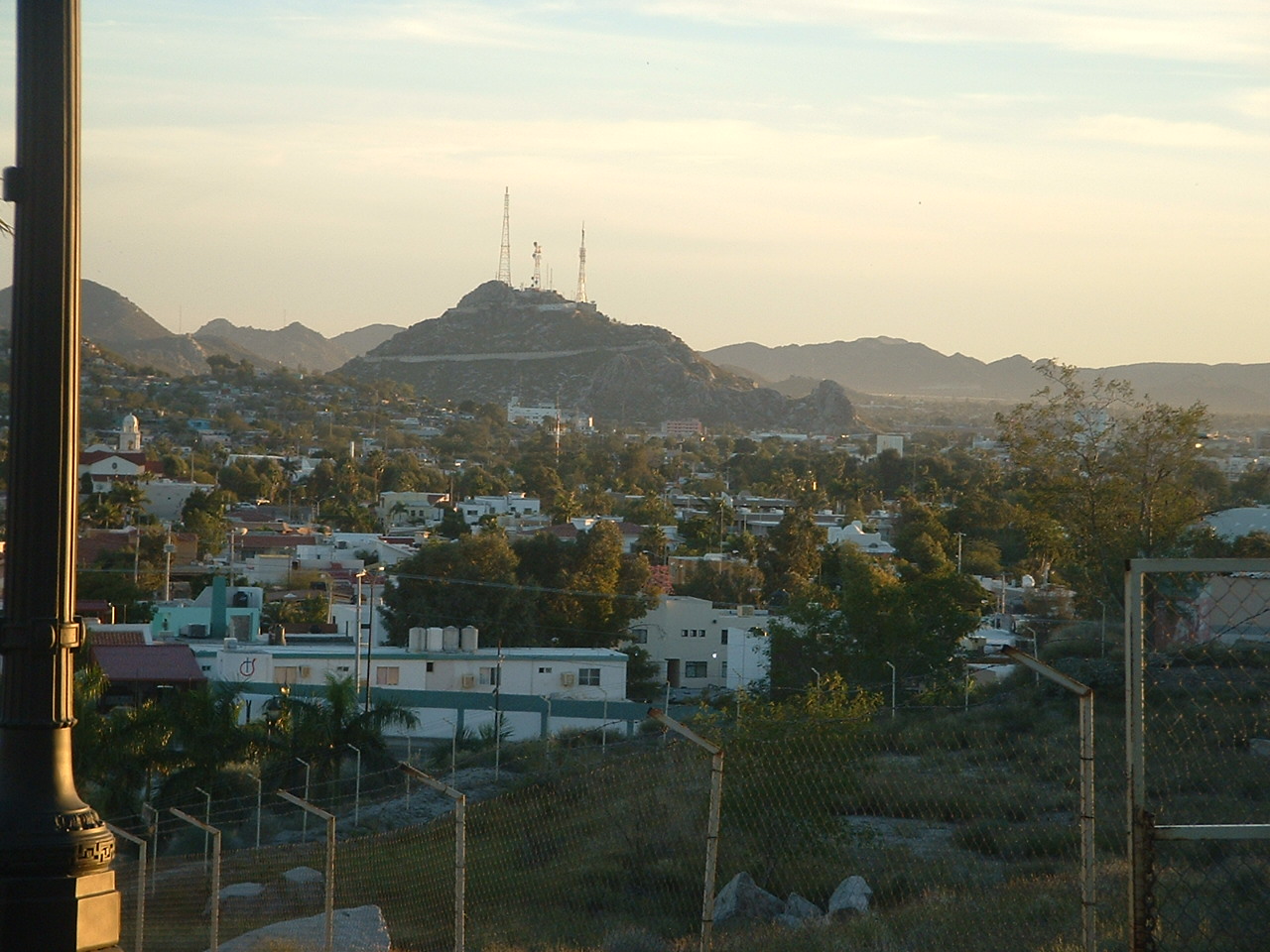
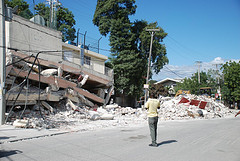
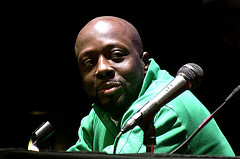
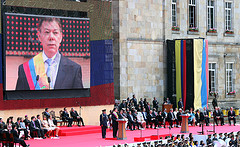
3 Comments
Mr. Wyclef jean has been successful in the USA as a musician. He becomes a millionaire. However, his financial success in the US, ipso facto does not qualify him to become the president in Haiti. Some financial interests in the US are pushing his candidacy in the throat of the Haitian people.
Mr. Wyclef jean does not have the necessary academic preparation to become the president of Haiti. If and only if elected as a president of Haiti, he will be known as the “podium faux pas nightmare president.” He might deflect those impeding embarrassment by avoiding giving any speech in French or in English or he will have to send someone else to represent him as a speaker. Never mind when it is time to attend serious matters concerning the state, his lack of schooling will preclude him from being able to see the big picture as head of state.
If Jean has an authentic heartfelt desire to help Haiti there are other ways in which he can do this more effectively. Leave the business of running a country so devastated to someone more educated and competent.
[…] was met with major support from Haiti’s poor, he ran into problems when it came to the requirement of his residency. Jean’s primary residency is New Jersey and he holds dual citizenship with the United […]
Comments are closed.